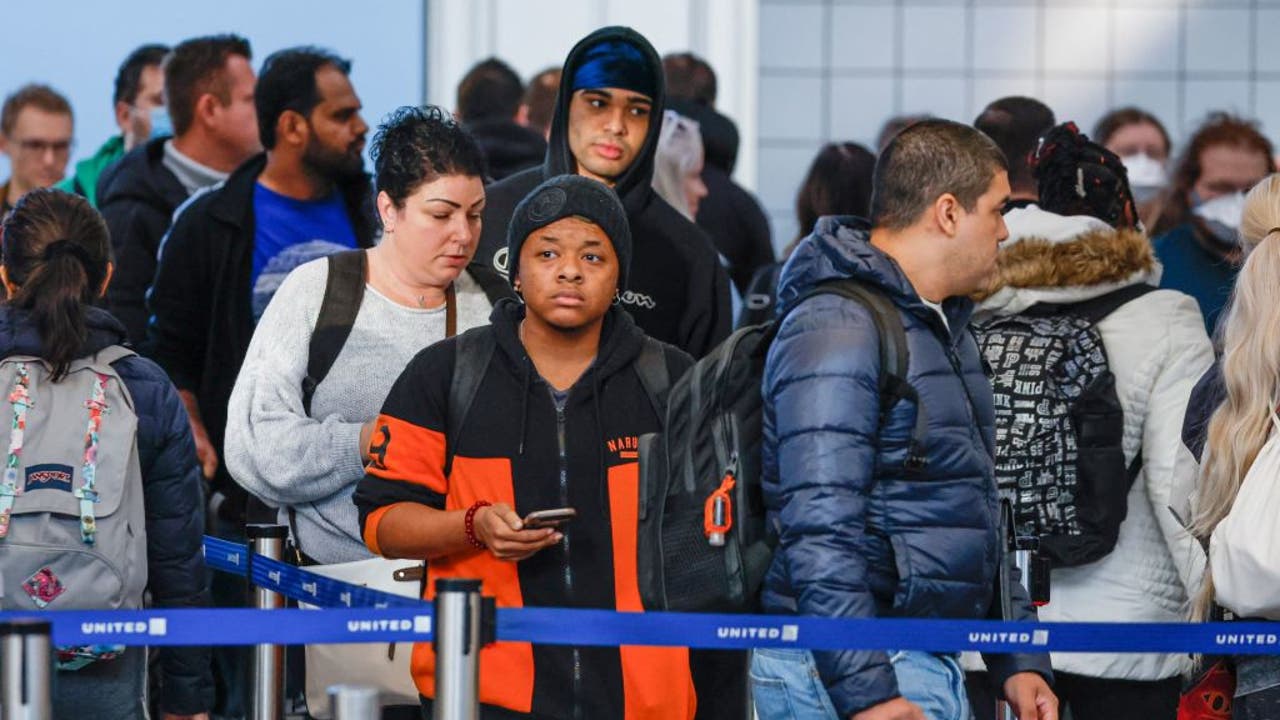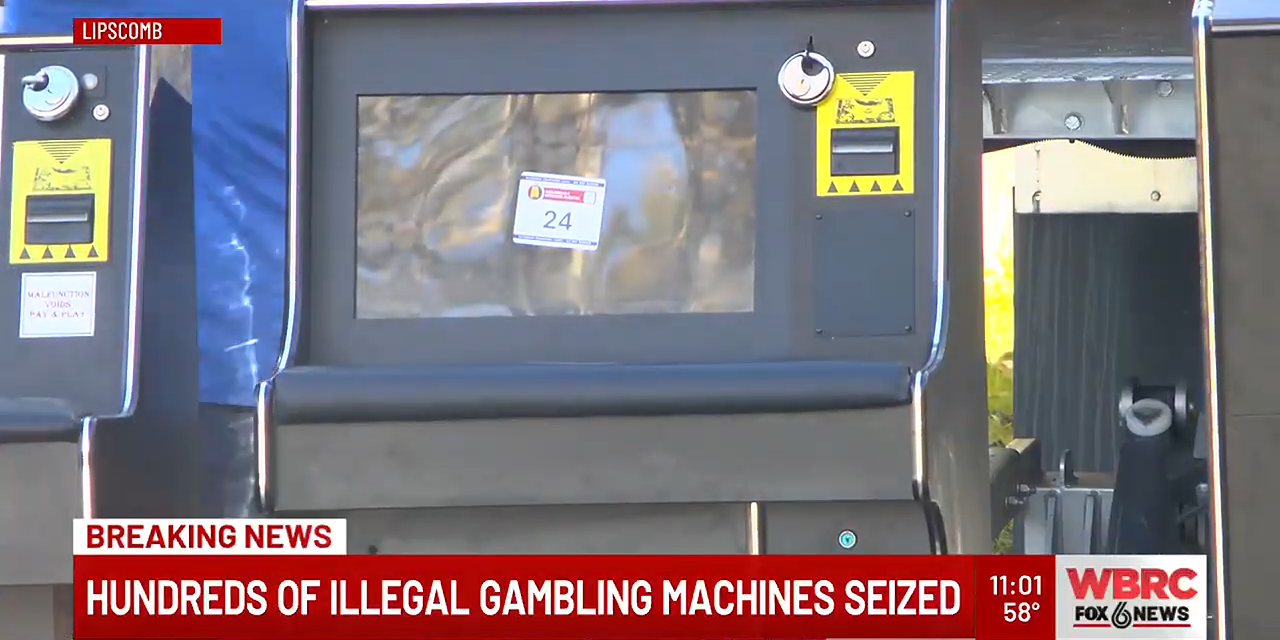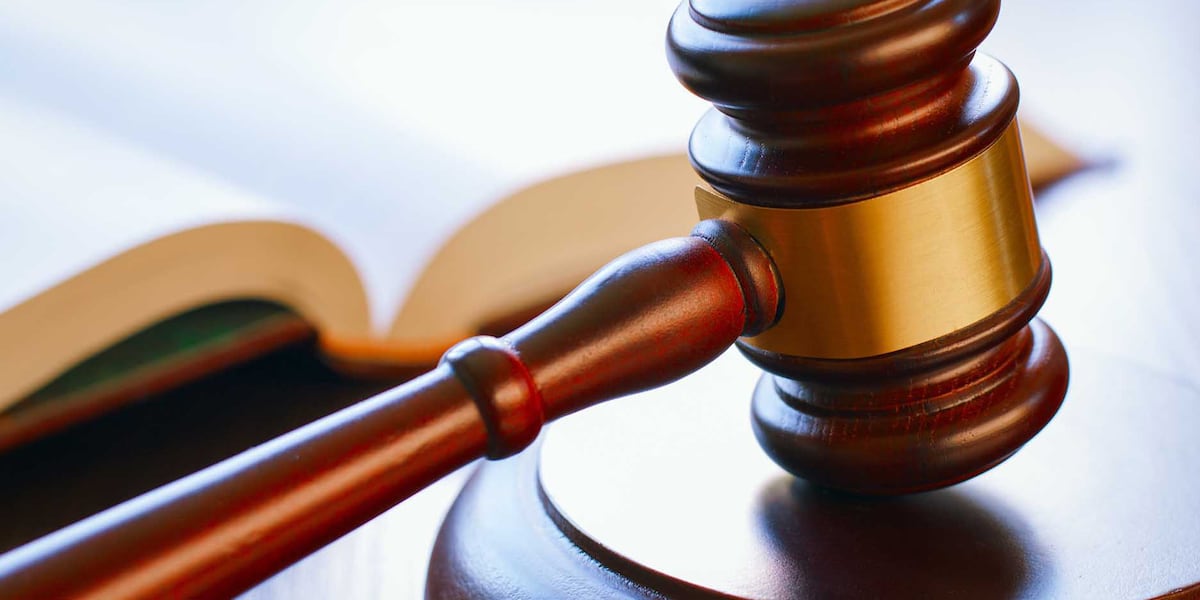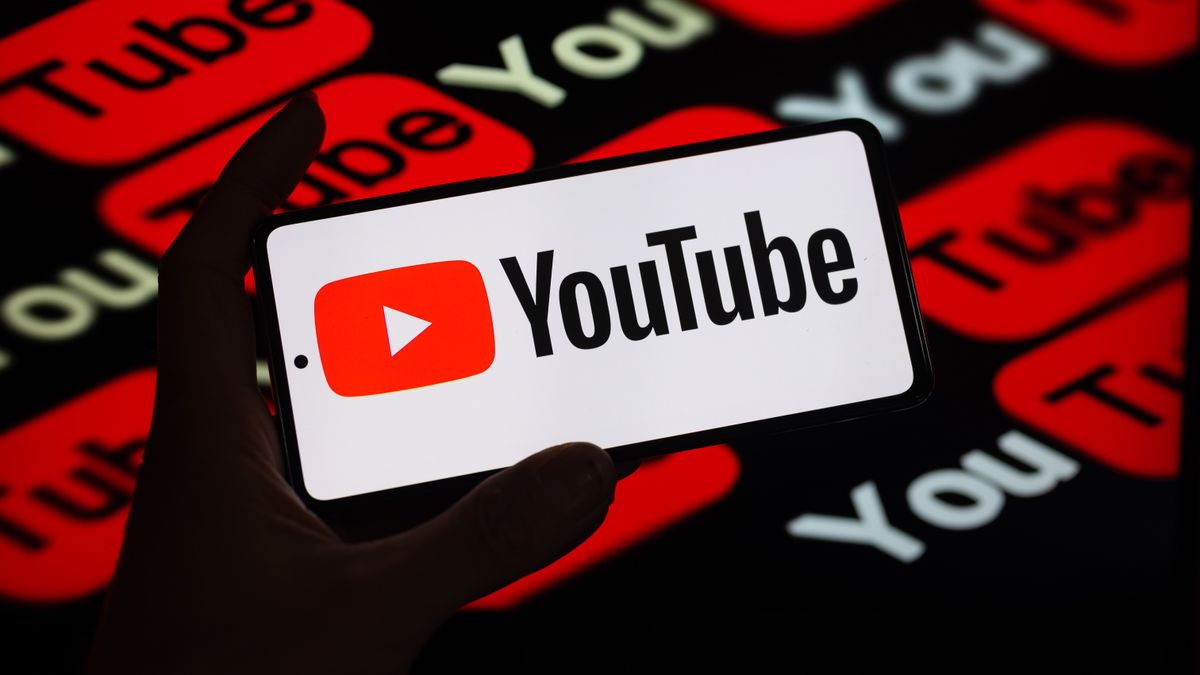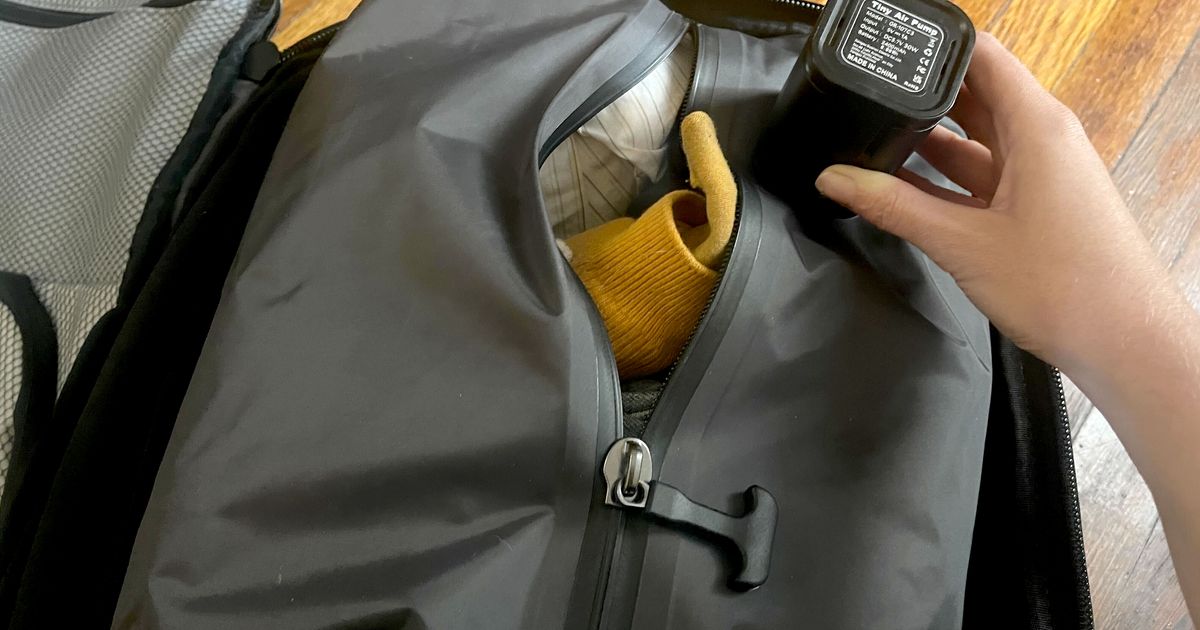World
Against a world without Palestinians
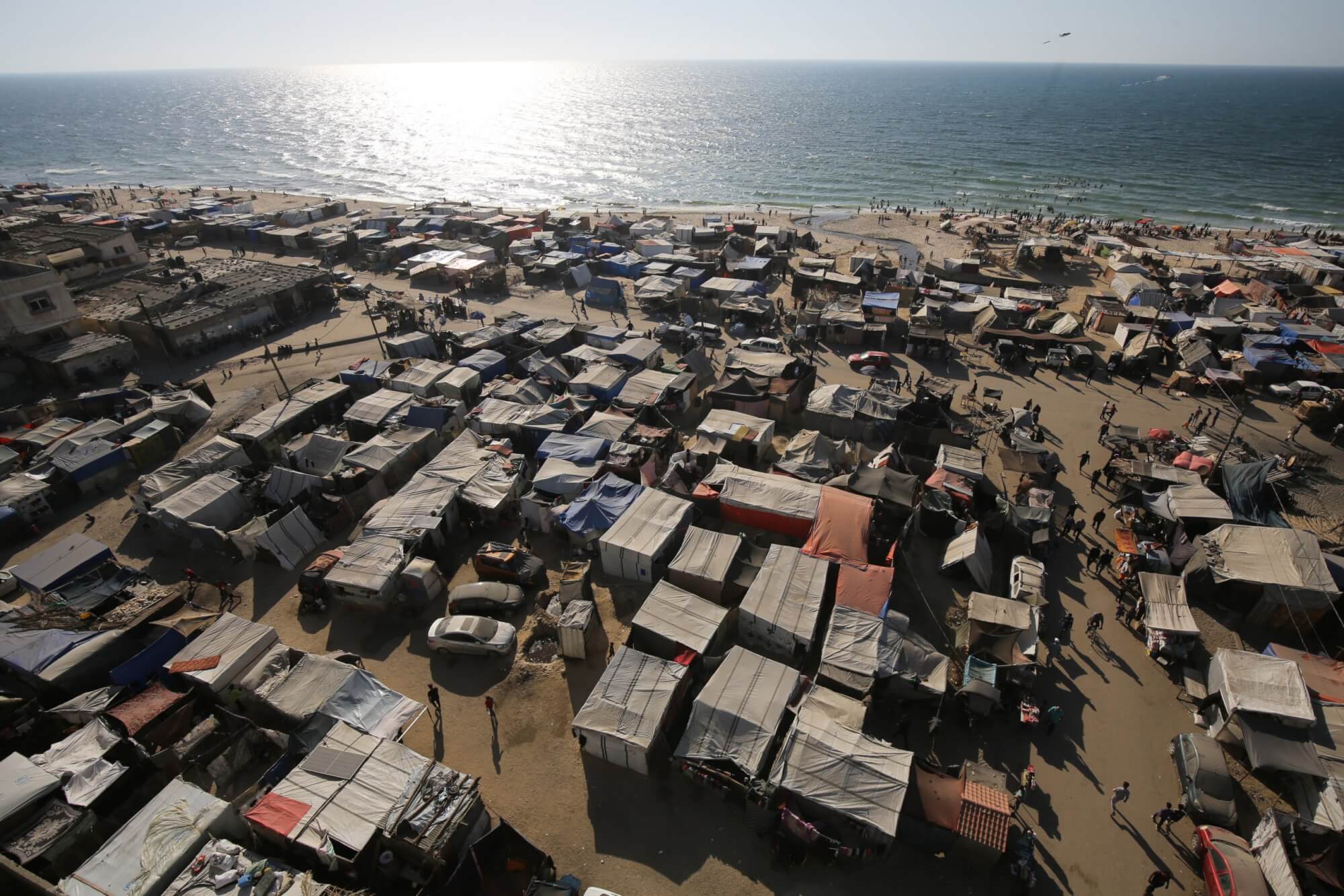
When I was five, my father told me that I was Palestinian. I don’t know if he understood what he did, but that little piece of knowledge started a chain of consciousness in my then-child’s mind that would continue for a lifetime. Eventually, it led to the bitter realization that I now cannot escape — the awareness that we Palestinians live in an international system that has no place and no wish for us as a people.
Hours after the chief prosecutor of the International Criminal Court, Karim Khan, announced that he had requested the court to issue arrest warrants against Israeli and Hamas leaders, Israel’s Prime Minister Benjamin Netanyahu released a video statement expressing his outrage over the decision because it equated him with Hamas leaders. The same outrage over this supposed “false equivalency” was echoed by the U.S. State Department and members of Congress.
But what were Netanyahu and his allies in Washington really outraged about? When the ICC studies issuing an arrest warrant, it takes into account — theoretically, at least — the nature of the crime, not the perpetrator. Supposedly, it shouldn’t matter if it is a democratically elected official or the head of a military junta; whether they are the head of a U.S. state ally, or the leader of a group designated by the U.S. as a terrorist organization. When the ICC prosecutor requested arrest warrants for leaders of both Hamas and Israel, he was equating the lives of Israelis killed on October 7 with those of thousands of Palestinians that Israel killed.
Looking at the past eight months, one could easily think that this equation of human life, this assertion that Palestinians live and die in the same way, with the same instrinsic value as any other people, is what has incensed world leaders so much and fired up Israeli leaders so much that they are ready to threaten, smear, and repress. It is what allowed the ongoing genocide to continue for months on end.
But this dehumanization goes back long before the events and aftermath of October 7. In fact, we Palestinians have been living through it for decades, although we didn’t always have the words to describe it. The current genocide has clarified it to the extent that we can’t ignore or shy away from it or find a way to live with it anymore.
Decades of denial
Since last October, around 40,000 people have been murdered, people who look and speak like me, my family members, and my friends, people who have the same cultural references, family traditions, and present anguishes as any of us who were born into Palestinian families. They have been physically eliminated on air in the most brutal and painful way in less than seven months, and it’s not over yet.
Despite this obvious horror, fights still need to be fought, and risks still need to be taken in the streets, on college campuses, and in the media, just to make the world see how traumatic and tragic this reality is. It is as if for seven months we have been trying to convince the world that those being collectively murdered in Gaza were human in the full sense — that before dying, they also had lives.
Some years after my father planted in my consciousness the seed of knowing that I was Palestinian, I learned how to read a map. Enthusiastically, I asked my father to show me where Palestine was on a world map. My father pointed to the tiny spot, crowded with names of places. I looked closely and read all the names, but I didn’t find Palestine.
I began to feel something very disturbing for a child who didn’t have the words to explain it. I knew something about myself because my father told it to me, but the world didn’t have it on its map. I felt that there was a problem, not with the world map, but with me as a Palestinian. Since then, and for many years to follow, every time I was asked where I came from, I felt that I had to give an additional explanation, to justify my own identity and existence.
In order to be acknowledged by the rest of the world, we Palestinians always had to die.
Over the years, learning our Palestinian history, I began to notice that in order to be acknowledged by the rest of the world, we Palestinians always had to die. There were moments during the past century when Palestinian existence was at the center of world attention precisely because it was under attack — the siege and bombing of Beirut in 1982, the subsequent massacres of Sabra and Shatila, and the First Intifada. All of these moments had death in common. Palestinians were killed while either fighting, protesting, or sleeping behind the doors of their refugee houses. It is as if in order to exist without justification, Palestinians had to intimately deal with death — they could master it, put up the best show of it, but they always had to die.
This time, however, even our death wasn’t enough. Before, we had to prove that we existed as a people. Now, we have to prove our own death. Every time our death toll was called into question due to its source (the “Hamas-run health ministry,” which the Israeli intelligence privately regarded as accurate), we understood that even our death, let alone our life, wasn’t important enough. Every time our dead were dismissed as “human shields,” our right to mourn was put into question. And every time a Palestinian was asked on a televised debate to “condemn Hamas” while Palestinian schools and hospitals were being blown to dust without any condemnation, we were being told to our faces that mourning our dead had to be qualified and hedged.
A world without Palestinians
We have been receiving this message for the past eight months, at a moment of history when the Palestinian liberation movement has exhausted every possible phase a liberation movement can go through. There was the “radical” phase of the early days of the PLO, which demanded a single democratic Palestine for all its citizens, a period marked by the idealistic revolutionaries of the early 1960s, who dreamed, like everybody else at the time, of changing the world. Then came the “pragmatic” phase of the Palestinian Authority, engaged in a never-ending negotiations process for a supposed two-state solution, already destroyed by Israeli settlements — a period marked by the professional bureaucrats of the 1990s, racing to integrate the new post-Cold War neoliberal international order.
We presented every possible version of ourselves for world leaders to choose from. Yet thirty years after Oslo, three-quarters of a century after the Nakba started, killed by the thousands with little more than “expressions of concern” to show for it, we have been asked to be content with the symbolic recognition of a state for which no land is left.
Some postcolonial academics might say that the dehumanization of Palestinians has its roots in the orientalist colonial mindset of the eighteenth and nineteenth centuries and that it follows the logic of settler colonialism throughout history. They may be right. But there is more to it.
The erasure of Palestine — and consequently, of the Palestinians — from the world map has always been part of the modern world-capitalist and strategic logic.
This was true in the days of the British Empire’s control of Palestine, when Winston Churchill wrote to the Royal Palestine Commission at the height of the Palestinian popular revolt:
“I do not agree that the dog in a manger has the final right to the manger even though he may have lain there for a very long time…I do not admit for instance, that a great wrong has been done to the Red Indians of America or the black people of Australia. I do not admit that a wrong has been done to these people by the fact that a stronger race, a higher-grade race, a more worldly wise race to put it that way, has come in and taken their place.”
That same logic continued through the days of the Former U.S. Secretary of State Alexander Haig, who described Israel as America’s “unsinkable aircraft carrier.” Throughout the past century, Palestine had necessarily been anything but a home to its native people. Or, as put by Arthur Balfour, another high figure of British imperialism and co-architect of the Zionist project:
“Zionism is rooted in age-long traditions, in present needs, in future hopes, of far profounder import than the desires and prejudices of the 700,000 Arabs who now inhabit that ancient land.”
Even after 76 years of Nakba, even after 100 years of struggle by every available means, even after all the pragmatism and compromises, the world map is still not ready for Palestinians.
Why Palestine can’t be erased
I didn’t understand this when my father pointed to the world map and showed me that Palestine was not there. But I already understood enough of what being Palestinian was. I had already formed my sense of belonging to everything Palestine was and is, outside of geopolitics — my grandmother’s embroidered dress, the dried branches of thyme on her house door, the smell of the land after the first rain of the year at the olive harvest, my father’s accent, my street, my school, the chants in our church, the call to prayer of the neighboring mosque, the first verses of Darwish that touched my soul, the first steps of Dabkeh I learned.
To realize that all of that which built your character, your culture, and your memories, has no place in the world as it is, that it can all be dismissed as “terrorism,” that your people can be called “human animals” without consequence, is brutal enough already. To see it thrown in your face with a sea of blood every day without end is beyond bearable.
But there are two sides to every coin. The world too is beginning to realize that we, Palestinians, aren’t going anywhere. 76 years into our Nakba, we still hold to our land and to our existence.
Palestine lies at the heart of the new world demanding to be born.
So if the world in its current form cannot abide our existence, then we will have to change the world to make it possible. Not because we are a particularly revolutionary people — we are not, or at least no more revolutionary than any other people — but because we have no other choice. The alternative would be to disappear from the world.
We have already started it. And when we did, we realized something else: humanity is much larger than the world’s governments and the institutions that make up the international world order. We have learned in these past months of genocide and despair that the world is filled with people who want a different world, free of colonialism, genocide, and dehumanization. We realized that Palestine might not be on an outdated world map, but is rather present in the streets of every major city in the Global North and South and on college campuses on both sides of the Atlantic. In essence, Palestine lies at the heart of the new world that knocks on the walls of the present, demanding to be born. And it will.


